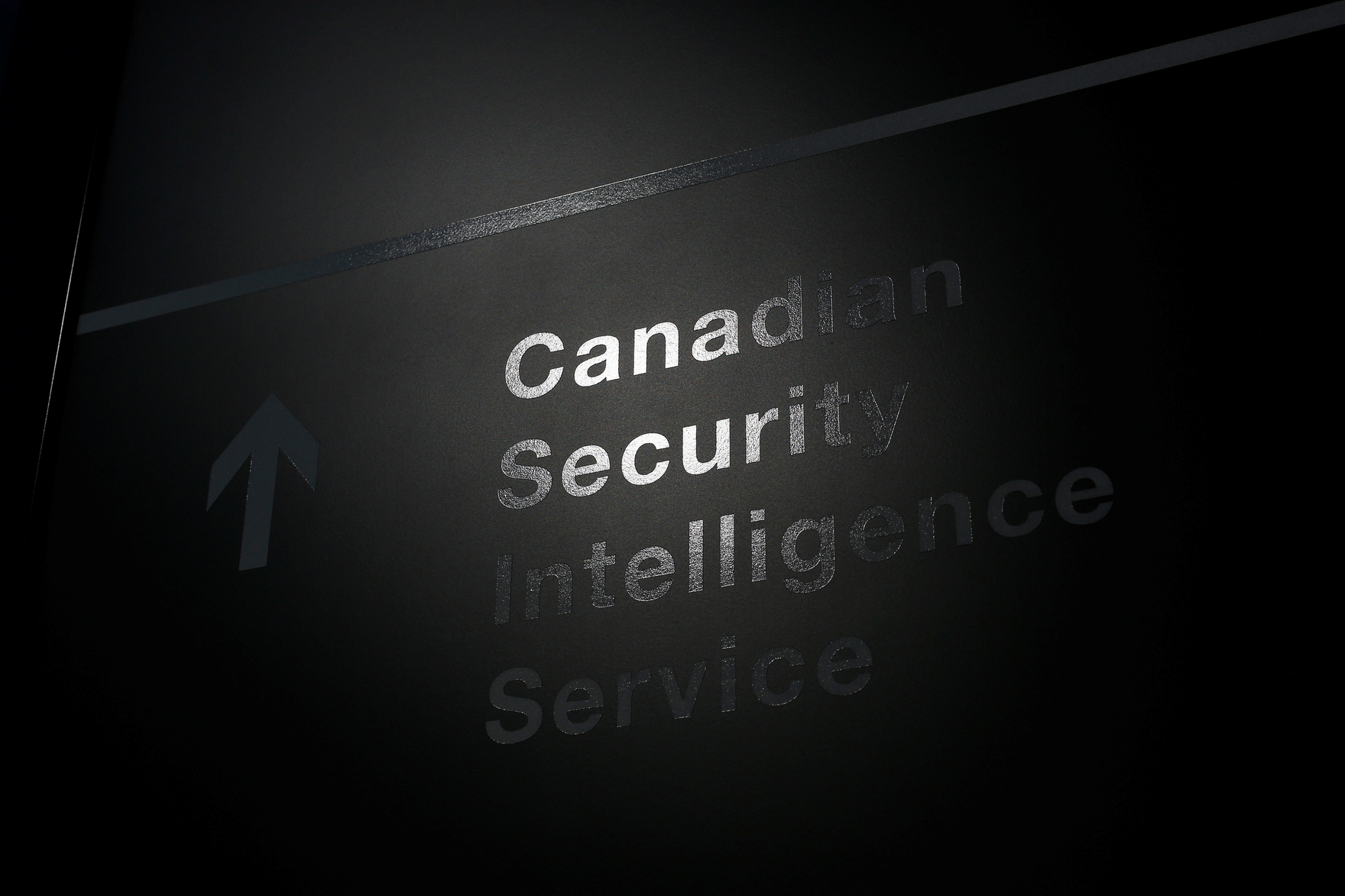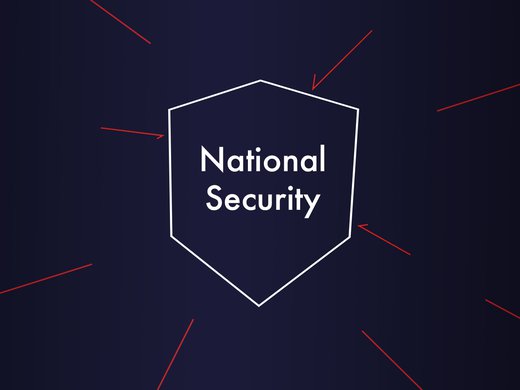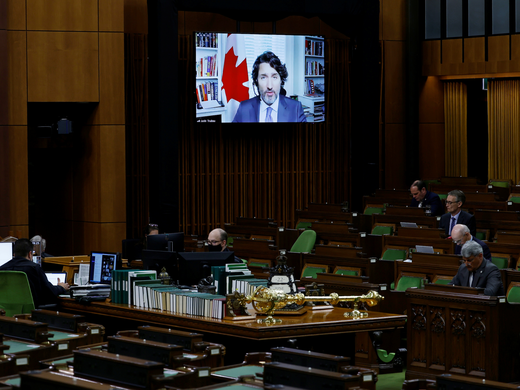Driven by swift geopolitical change and an ever-more-complex threat environment, there are growing calls for Canada to adopt a more activist foreign policy. But before the federal government can even consider heeding this advice, it must address a critical gap in intelligence resources.
During the Cold War, and later in the post-9/11 struggle against international terrorism, security was a constant anxiety. But the Soviet Union and Islamist terrorism were for the most part kept distant from Canadian streets — read and heard about, more than suffered directly.
In 2021, the security threats we face are no longer in any way remote.
Climate change has been described as “the long emergency.” But it is only one element of an increasingly complex and dangerous international environment. Prime Minister Justin Trudeau’s very active participation at COP26 is a signal that the climate file is a national and foreign policy priority.
We know that the changing climate will produce internal and cross-border conflict, requiring informed intervention by the international community. Unregulated mass migration is already here, destabilizing transit and destination states. Good intelligence can warn us whether other countries are pursuing positive climate change policies in good faith.
But aside from climate, a growing number of other threats are making themselves felt.
COVID-19 is still with us, and there are other potential pandemic diseases waiting in the wings. An integrated pandemic warning system is an essential protection for Canadians. Intelligence should be part of the information collection array.
China is, at the same time, an important manufacturing and trade partner, and an aggressive and increasingly capable military power and potential strategic adversary to Western democracies. For Canada and many other countries, managing a calibrated and informed relationship will be a foreign policy priority.
Some dangers are immediate. We cannot turn on our computers without running the risk that a friendly message will expose us to ransomware, or an expensive fraud. Russia, China, Iran and North Korea are each aggressive cyber powers, and some give freelancers permission to pursue dangerous criminal activities, particularly ransomware attacks.
This is why Canada needs to review the current effectiveness of its intelligence machinery in supporting the foreign, defence and security policies that protect Canadians.
A reboot of Canada’s defence policy, Strong, Secure, Engaged, was unveiled in 2017. However, that review was heavily focused — perhaps understandably — on rebuilding the rusted-out ships, planes and other matériel of the Canadian military. An intelligence review should examine both mandate and capacity. Numerous changes have been made in Canada’s security and intelligence community, including significant legislative amendments. But the last comprehensive public review was in 2004. Canadian security agencies issue individual annual statements. But there is no regular, comprehensive public statement from the government that outlines threats and priorities. Lead agencies in the security communities of our allies issue such documents annually or biannually.
Our allies systematically examine whether their intelligence and security abilities match their current needs. Australia does this every five to seven years, and after the last review, initiated major capacity upgrades.
Canada’s intelligence community, by contrast, is decentralized. Invariably, change comes through incremental adjustments. We need a comprehensive review to bring mandates and legislation up to date. The National Security and Intelligence Coordinator should be empowered to bring coherence and integration to the perception of threats and to coordinate projected steps to counter them.
The system also needs stability in structure and personnel. National security and intelligence advisers to the prime minister change as frequently as ministers of foreign affairs.
Many countries promote stability in their community governance structures through a national security council (NSC), which can take many forms, including functioning within a cabinet committee system.
NSCs are mandated to ensure that foreign and defence policy, security and intelligence, and related departmental mandates discuss issues collectively and work coherently together. A Canadian NSC would increase Canada’s ability to anticipate crises and opportunities and coordinate effective action.
We benefit from our membership in the Five Eyes intelligence alliance, but our interests are not identical to those of our partners. We should enhance our ability to collect and evaluate intelligence to match our own national priorities.
Modest new resources would increase the capacity of the community. But even given constrained resources, much more could be done with reformed structures and stability in key leadership positions.
With the above reforms in hand, the government could work toward an overarching goal: achieving a national political consensus around security and intelligence. That this is necessary may not yet be obvious to most Canadians now. But it soon will be: current international and domestic challenges will be with us for decades, not years. They encompass our national security, the economy, federal-provincial relations, immigration and the health of our population and the natural environment.
Canadian governments of all political parties have asserted that Canada needs to engage more with the world. That cannot happen if the government is operating in the dark. Knowledge is the raw material of good foreign policy. This includes timely, relevant intelligence.
This article first appeared on iPolitics.



